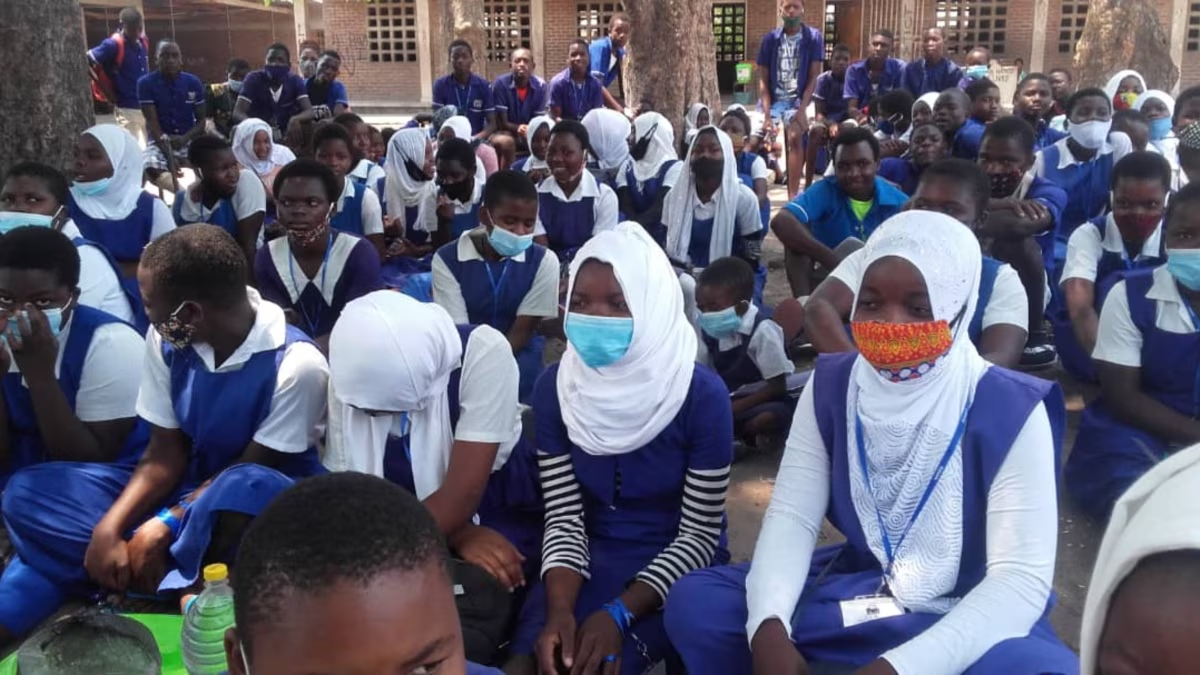
When the table of Maxmos Chimbwanya is frequently stormed with englaulicypris sardella locally known as “Bonya”, memories of good old days strikes his mind.
He reminisces about a dish full of oreochromis lidole fish locally called Chambo which he usually enjoyed with his family.

The 85-year-old man from Ntaja in Machinga district says Chambo was easily accessed by people for meals in those days.
“We enjoyed eating fish in those days, first it was cheap, and not with the price it has these days as if you’re buying spare parts for an airplane. And when I say fish I mean big Chambo that could put off the fire with fats and not what we have today,” explained Chimbwanya.
He expressed worry over how the fish has been scarce on the local market these days, saying that was not the case then when lakes in the country could hold enough for the citizens of Malawi.
“These days when I send my grandchildren to buy fresh fish, most of the time they come without buying it at the market, that also happens to my children whenever I request them that they should buy for me Chambo, sometimes they don’t find it in big shops in town where they are staying,” he added.
From his explanation, decades ago Malawi had fish that was a source of food and income to many citizens but it is different scenario now as reports reveal depleted species of fish in the country.
Months ago, the ministry of Agriculture, Irrigation and Water Development called for action after statistics showed that Chambo is now making two percent of the total catch in the country
But why has fish dwindled in the country?
Mangochi District Fisheries Officer Thomas Nyasulu blamed people’s mind-sets on fish saying it has contributed to scarcity of fish in the country.
“Then, what people thought was that fish is for government, our lakes are for the government and they could fish anyhow, using tools that are illegal. This has negatively affected the population of fish,” said Nyasulu in an interview with Malawi24.
He added that population boom has also affected the population of fish in the country, as many people turn to fishing businesses for their survival.
“With civic education that we had with our fishermen, they now have that ownership of our fish in our lakes and we hope that we are to conserve what we have in our lakes,” he added.
However, Nyasulu downplayed reports of some species of fish found in lakes of the country becoming extinct.
“The problem that we have is that due to decline of some species it is hard to find some species that the public claim that we no longer have them, but when we carry our research we do get some species that an ordinary fisherman can’t find in our lakes,” Nyasulu said.















Did u just wanted us to know that u know the scientific name of bonya
Pakufunika anthu asiye kudya nsomba…
eee ndemwat #Bonyayo chizungu chake chikuti vichi??? tiziliuma